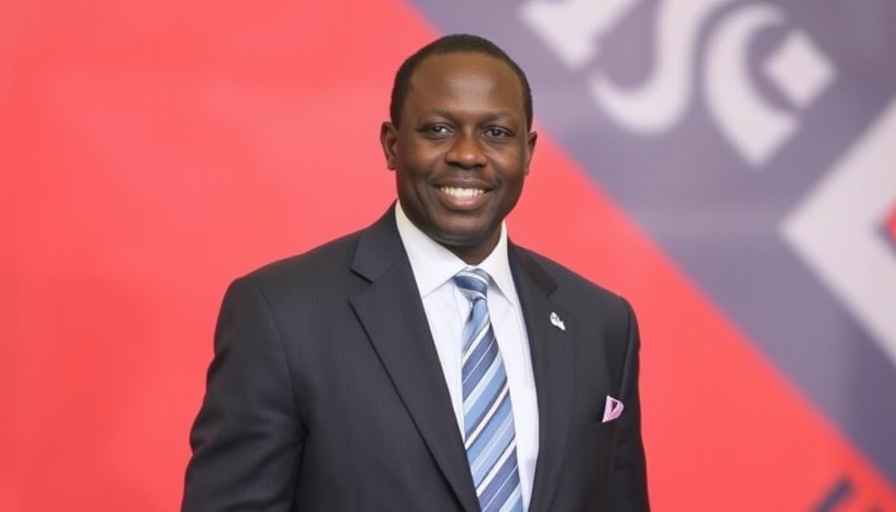
Fate of FDC's Disenfranchised: A Closer Look
The political landscape in Uganda is reverberating with the echo of past elections, particularly following the recent actions surrounding the Forum for Democratic Change (FDC) party and its leadership, notably that of Kizza Besigye. Known for his profound influence and commitment to political reform, Besigye's exit has left many of his supporters—referred to as his 'orphans'—without clear guidance. These individuals, who once found a voice under Besigye’s banner, now navigate a party grappling for direction amidst internal strife and external pressures.
A Shifting Political Terrain in Uganda
The absence of effective leadership within the FDC has opened discussions on the future of Uganda's political opposition. As they seek to redefine their stance, these so-called 'orphans' feel increasingly alienated in a system that continues to marginalize them. This predicament raises important questions about the sustainability of political movements that rely on singular figures for direction. With ongoing public discontent regarding socio-economic conditions, the FDC's failure to present a united front may cause further fracture, limiting its effectiveness in challenging the current regime.
Implications for Uganda’s Governance and Economic Policy
The paralysis within the FDC is not merely a party issue; it raises significant concerns for Uganda's governance and its role in broader economic frameworks. As investors and policymakers scrutinize the region for stability, they seek assurance that political factions can effectively participate in the governance necessary for fostering economic growth. The lack of a cohesive opposition might stymie important legislative reforms that are critical for economic engagement and development, showcasing a direct link between political dynamics and economic realities.
Next Steps for Uganda’s Political Future
For FDC's members and supporters, the path ahead is laden with uncertainties. A collective reorientation is necessary to harness the political capital accumulated under Besigye’s leadership into actionable strategies that appeal to both their base and potential new allies. Moreover, with external geopolitical pressures—be it relations with the EU, China, or involvement in broader frameworks such as BRICS—the way forward for the FDC could also shape Uganda's role on the global stage.
In conclusion, the challenges faced by Besigye’s supporters reflect broader trends within African politics that deserve scrutiny. As they confront their political orphanhood, the future of opposition movements across the continent may hinge on their ability to adapt and thrive in the face of adversity.
 Add Row
Add Row  Add
Add 


Write A Comment